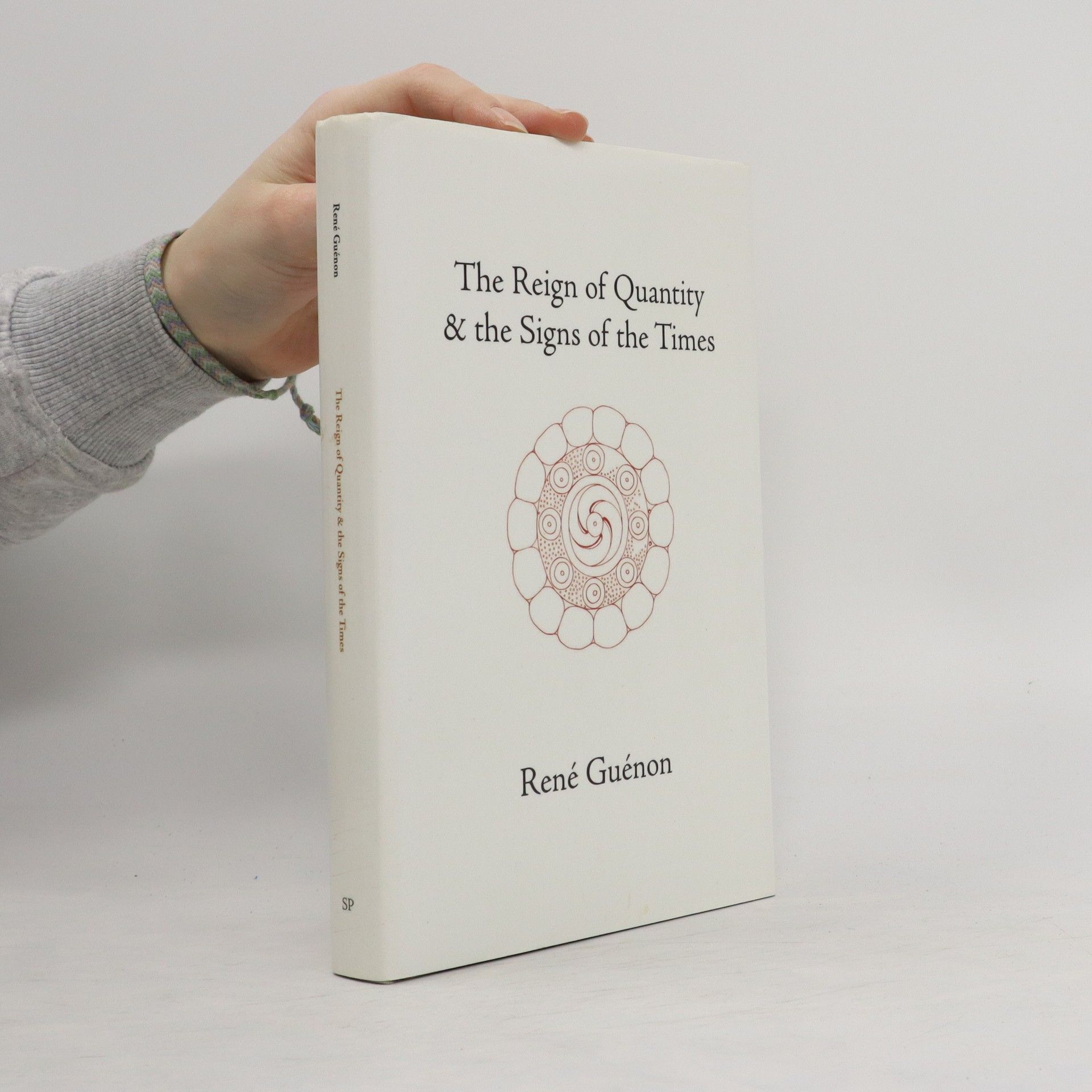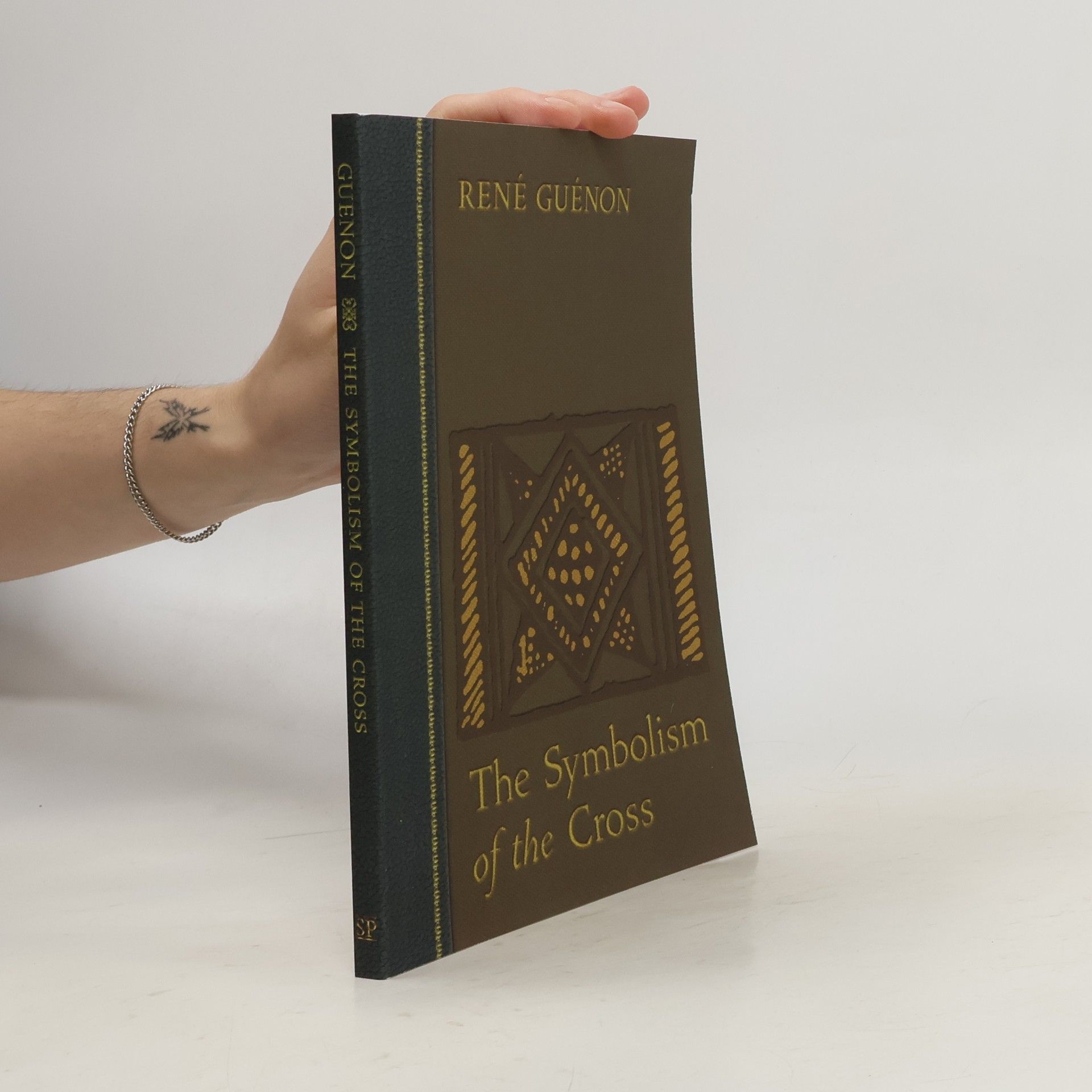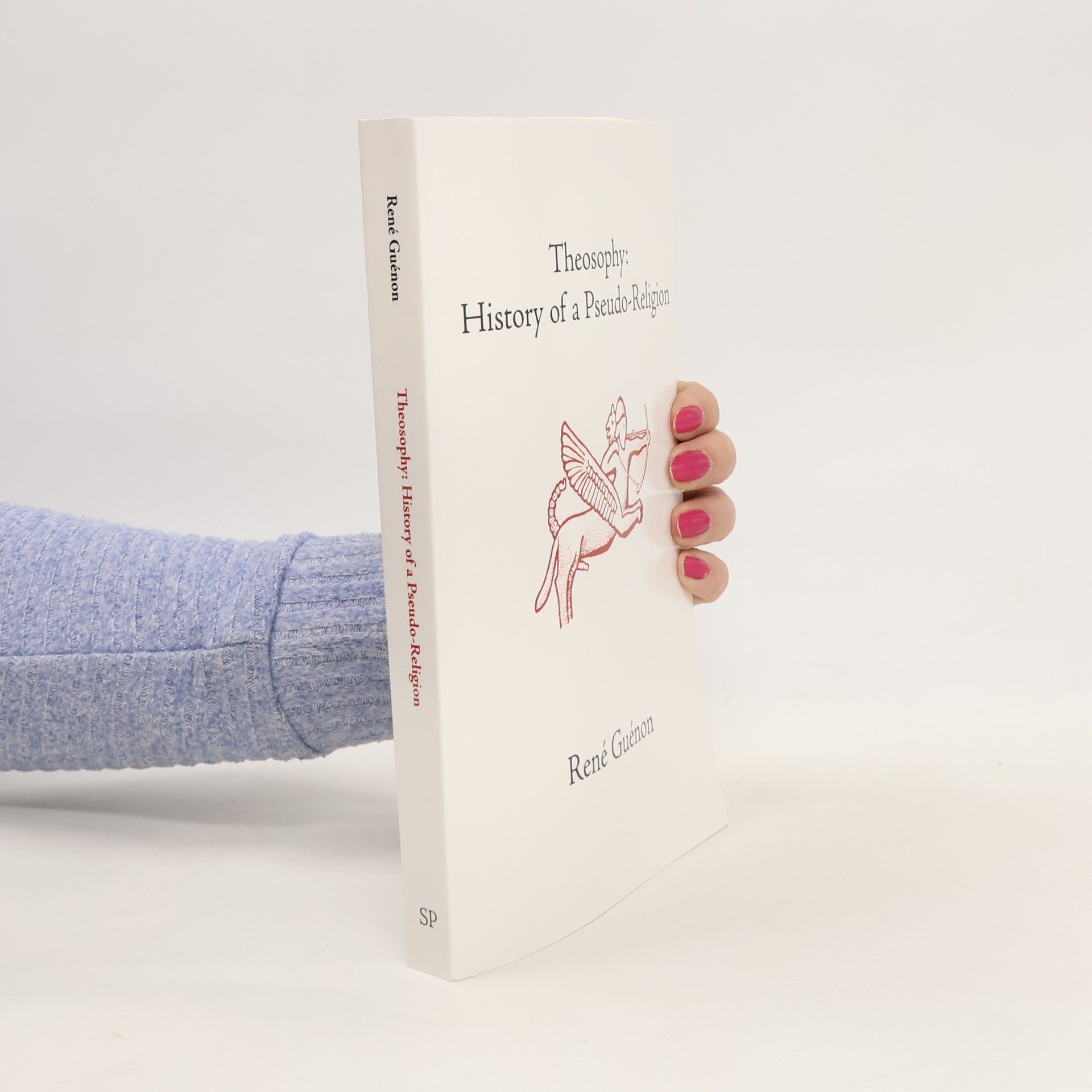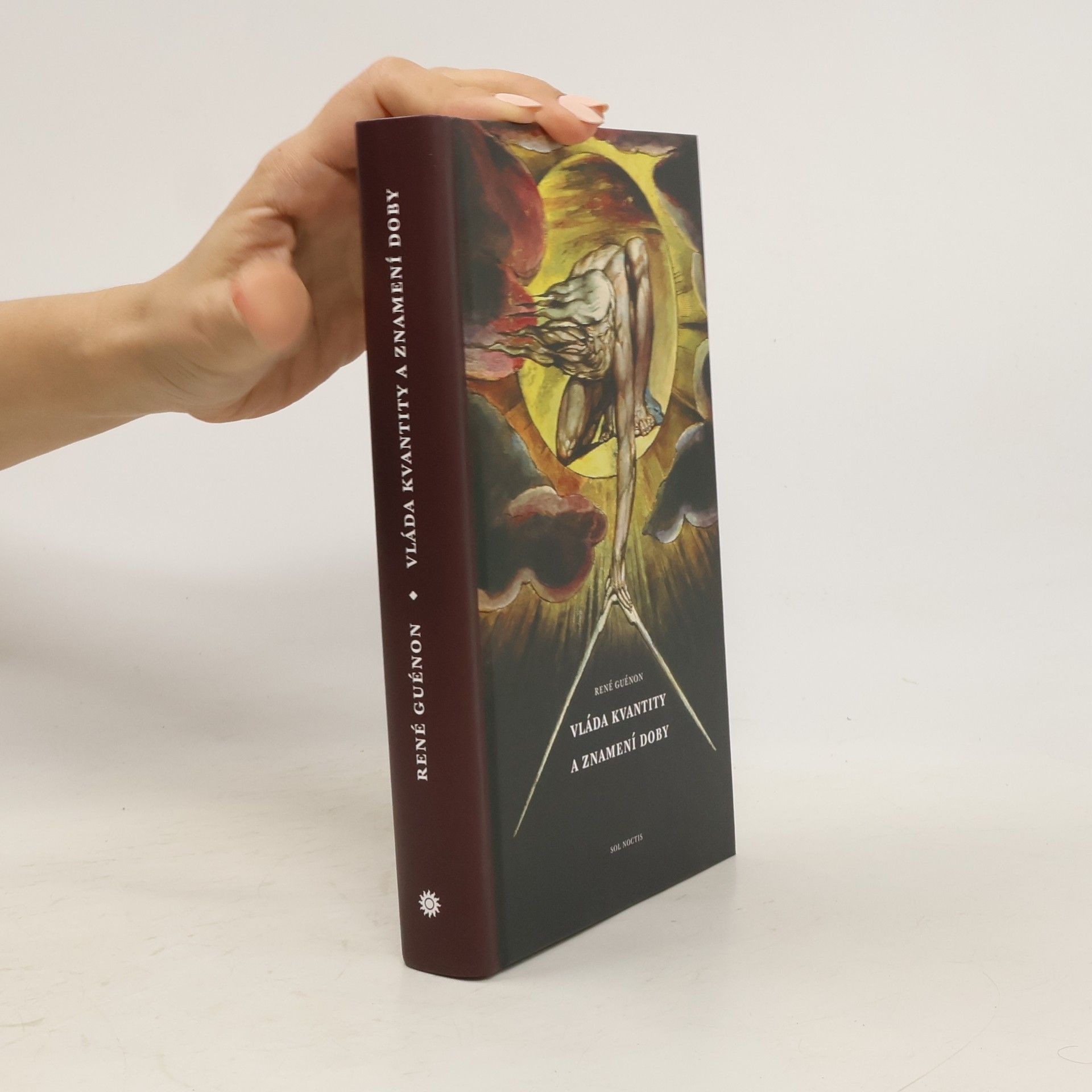Gli Adelphi - 346: Il regno della quantità e i segni dei tempi
- 270pagine
- 10 ore di lettura
Con quest'opera, Guénon formula una critica definitiva al mondo moderno, rivelando il suo ricco fondo dottrinale. A differenza di altri critici della cultura, che hanno mantenuto legami con ciò che attaccano, Guénon si distacca completamente, descrivendo l'Occidente come osservatore distante di una realtà in cui «il frutto maturo cade ai piedi dell'albero». La sua prosa chiara e precisa esplora le categorie teoriche e storiche che hanno dato origine alla civiltà moderna: quantità e qualità, nomadismo e sedentarismo, tempo lineare e ciclico, sfera e cubo, unità e semplicità, misura e manifestazione. Dopo aver analizzato i simboli fondamentali in precedenti scritti, Guénon li presenta nelle loro metamorfosi storiche, rivelando come la loro visione cambi nel corso dei cicli. Si delinea così uno sviluppo del mondo moderno basato su un sapere primordiale che è stato rifiutato, con le conseguenze che Guénon descrive con straordinaria lucidità. La sua critica non si limita a «progresso», «ugualitarismo» o «razionalismo», ma cerca di interpretare queste manifestazioni come «segni dei tempi», sintomi di un processo vasto e segreto, il cui movimento è alimentato dall’«odio per il segreto».










